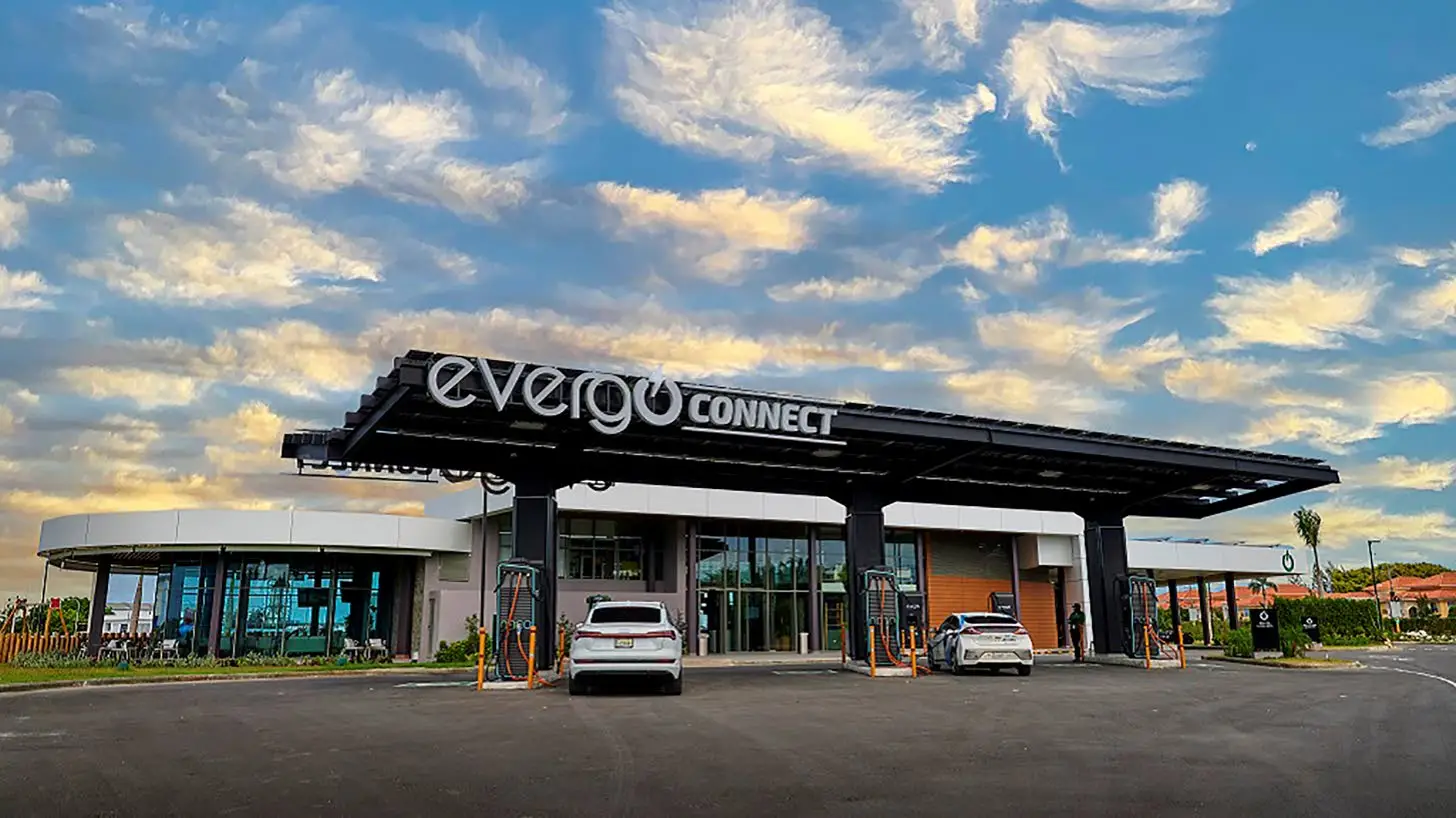
Hurricane Beryl exposes vulnerabilities in Jamaica’s EV charging network
Prompts call for resilient infrastructure
HURRICANE Beryl’s recent sweep across Jamaica did more than just disrupt power lines and damage homes — it exposed critical vulnerabilities in the island’s electric vehicle (EV) charging infrastructure.
Now, Jamaica Public Service (JPS) and Evergo, the two companies leading the roll-out of EV charging stations across the island, are casting a critical eye on how prepared Jamaica’s grid is to support a growing fleet of electric vehicles, especially during extreme weather events.
“It’s clear that electric vehicles and e-mobility have to work in tandem with the grid, and I can tell you that in our space at JPS the thinking has had to shift — especially since the recent storm,” said Dionne Nugent, business development officer at JPS and vice-president of Jamaica Electric Vehicle Association (JEVA). “We need to relook at our infrastructure and how it supports where we want to go in terms of being climate-smart,” she added, referencing lessons learned from the storm.
Nugent’s comments came in response to concerns raised by Evergo’s CEO Wayne McKenzie who noted that the power outages caused by the Category 5 hurricane not only impacted homes and businesses but also stranded EV drivers across the island. Many struggled to find functional charging stations during the outages, which left some travel plans in limbo.
“When I hear Dionne saying she was in St Elizabeth and wanted to know if she could drive without worry, I was thinking, ‘Well, if we had electricity she could use my chargers because we have a lot of chargers in St Elizabeth,’ ” McKenzie shared at a recent event hosted by Evergo on e-mobility in Jamaica, themed ‘Charge Forward: Empowering Jamaica’s E-Mobility Vision’.
The hurricane exposed more than range anxiety, which was initially a concern for early EV adopters. McKenzie pointed out that with the growth in charging stations across the country, it’s now possible to drive from Morant Bay in St Thomas to Negril Point in Westmoreland and back without running out of power — at least when the grid is operational. “If you triangulate where all the chargers are between JPS and ourselves, you can cover a lot of ground,” McKenzie said.
However, Beryl’s aftermath revealed an even greater challenge: the need for a more resilient grid.
As Jamaica accelerates its push toward wider EV adoption, JPS and Evergo are now prioritising the development of charging infrastructure that can endure severe weather conditions.
According to Nugent, this requires a thorough reassessment of the grid’s design, especially in regions most impacted by the storm. She emphasised the need for a sustainable, climate-resilient approach moving forward.
JPS is already working through a comprehensive review of its EV infrastructure, with a strong focus on grid resilience. “The resilience of the EV charging network depends heavily on the current grid configuration, and making changes will require substantial investment,” Nugent explained. She emphasised the need for careful planning before implementing solutions, particularly given the associated costs.
“If Jamaica is serious about transitioning to e-mobility, we need to figure out what it will take to get there while acknowledging the financial challenges involved,” she said.
One of the main hurdles in implementing these changes is cost. Strengthening the grid to support a growing network of EV chargers, especially in vulnerable areas, will require significant investments. Who will bear these costs — whether Government, the private sector, or consumers — remains a key question. “There is a cost, and someone has to take up that cost,” Nugent added.
As a potential solution, Nugent noted the possibility of using microgrids, which could provide localised power during future grid failures. “It requires creativity and collaboration with our partners to figure out how best to implement these solutions and manage costs,” she said, emphasising the need for a “win-win” approach for all parties involved.
JPS is also developing a resiliency plan to clearly outline what needs to be in place to support the growing demand for EV charging. While immediate answers are not yet available, Nugent stressed that the plan will focus on ensuring reliable power for EV drivers in remote areas of the island, such as southern and western Jamaica, which were heavily impacted by the storm.
In the short term, automakers like ATL Automotive are taking steps to address these concerns by providing home chargers with every EV purchase. While this offers some relief, it is not a long-term solution. The nation’s reliance on a resilient public charging network will continue to grow as more drivers make the switch to electric vehicles.
Recent data from the Ministry of Science, Energy, Telecommunications, and Technology (MSETT) show a significant surge in EV imports, rising from just 36 vehicles in 2020 to nearly 280 in 2023. In tandem with this growth, Jamaica’s EV charging network has expanded to include 70 charging stations across the island.























